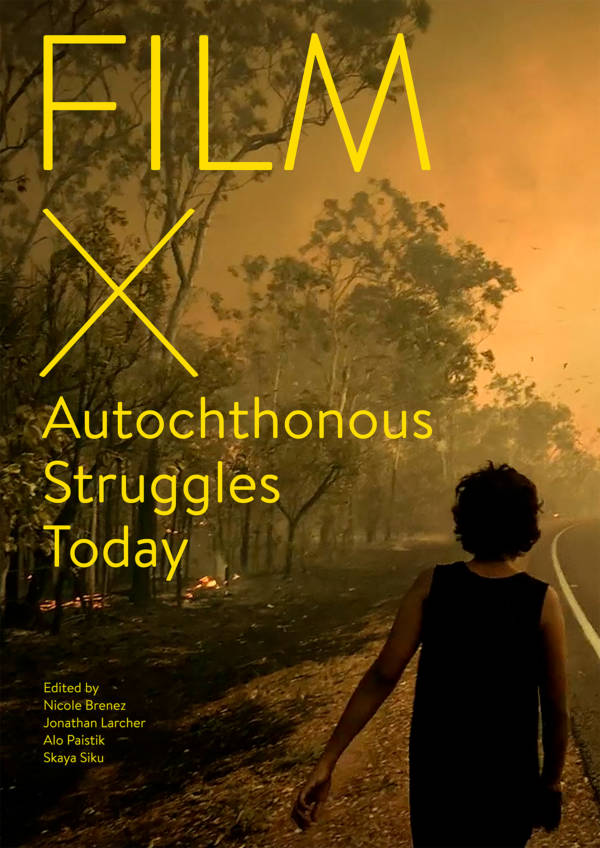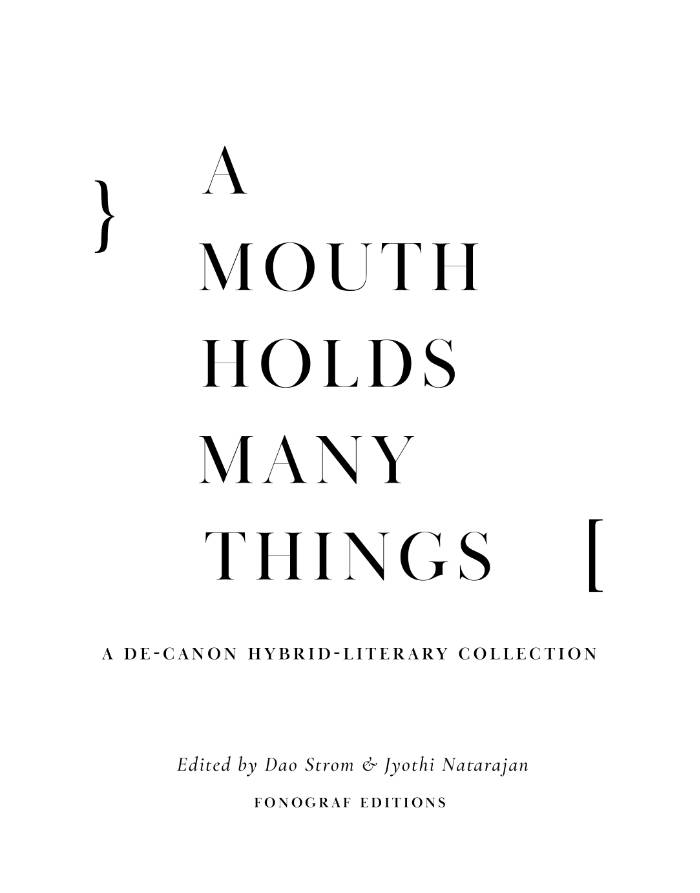
Is Now the Time for Joyous Rage? – (A Series of Open Questions, vol. 4)
Jacqueline Francis ed., Jeanne Gerrity ed.
The fourth book in the annual series A Series of Open Questions published by CCA Wattis Institute for Contemporary Arts and Sternberg Press is informed by themes found in the work of Lorraine O'Grady, including diaspora, Black female subjectivity, racial hybridity, translation, intersectional feminism, institutional critique, Black representation in the art world, archives, music, Conceptualism, and performance art.
The Wattis Institute's annual reader, A Series of Open Questions, provides an edited selection of perspectives, images, and references related to the Wattis's year-long "On our mind" research seasons. Each volume includes newly commissioned writing by members of the research season's core reading group, as well as text and visual contributions by a diverse range of other artists and writers. The title of each reader takes the form of a question and becomes, as new books are published, a gradually evolving series of open questions.
Contributions by The Allman Brothers Band, Charles Baudelaire, Selam Bekele, Martin Bernal, Linda Goode Bryant and Rujeko Hockley, Camille Chedda, Gabrielle Civil, Kathleen Collins, Erica Deeman, Jeanne Finley & John Muse, Jacqueline Francis, Edouard Glissant, E. Jane, Bec Imrich, Charles Lee, Darrell M. McNeil, Denise Murrell, Sawako Nakayasu, Lorraine O'Grady, Yétúndé Olagbaju, Hsu Peng & Allison Yasukawa, Lara Putnam, Trina Michelle Robinson, Legacy Russell, David Scott, Peter Simensky, Carrie Mae Weems, Judith Wilson, Alisha Wormsley.







